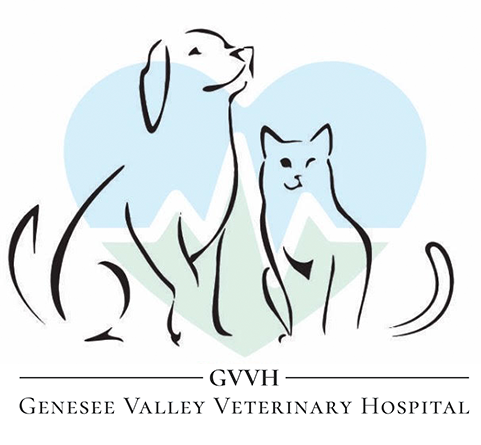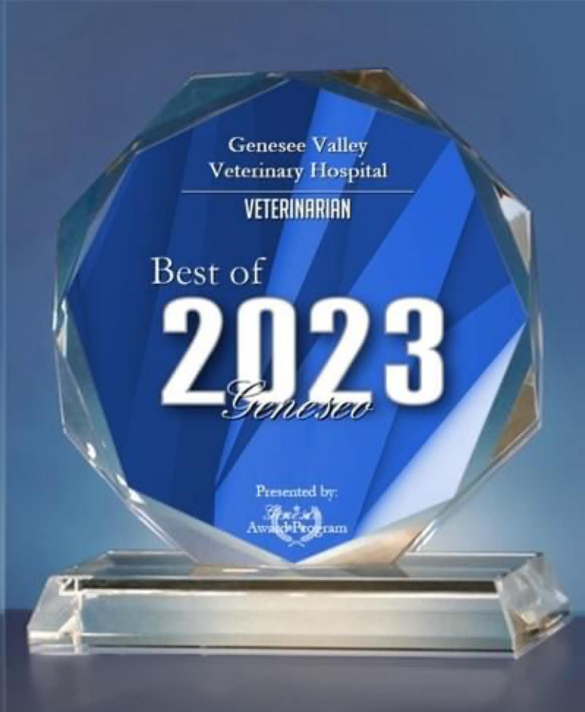Library
-
Entles are more of a lifestyle than a pet – they want to be with their primary human as much as possible and they want you to play.
-
Horses and ponies are efficient herbivores and one of the key adaptations that evolution for a life of grazing has equipped them with is a set of hardwearing and specialized teeth.
-
Many liquid potpourri products and essential oils, including oil of cinnamon, citrus, pennyroyal, peppermint, pine, sweet birch, tea tree (melaleuca), wintergreen, and ylang ylang, are poisonous to cats. Both ingestion and skin exposure can be toxic.
-
Female dogs will have their first estrous (reproductive or heat) cycle when they reach puberty. Each cycle consists of several stages; the stage called estrus refers to when the female can become pregnant. This handout explains the cycle stages and signs as well as how to prevent mating and pregnancy in your female dog.
-
Estrus (heat) begins when a female dog reaches sexual maturity and occurs about twice per year, although it varies from dog to dog. From the beginning of a female’s estrus period, she will be attractive to male dogs, though she will usually not be receptive or allow mating until seven to ten days into her cycle. The time of mating is extremely critical and it is highly recommended to have your female tested to determine the optimal days for breeding.
-
Open and honest communication with your veterinarian and veterinary healthcare team throughout your cat's life lays the foundation for effective communication when that cat's life begins drawing to a close. Discussion with your veterinarian will clarify any specific medical implications of your cat's disease that can serve as benchmarks to suggest that euthanasia should be considered. Most often, euthanasia is provided at the veterinary practice or in your home. The veterinary healthcare team will be an important partner as you negotiate the difficult days and decisions leading up to your cat's peaceful passing.
-
Maintaining open and honest communication with your veterinary healthcare team throughout your dog's life creates a foundation for effective communication when the dog's life draws to a close. Your veterinarian can clarify any medical implications of your dog's disease that may suggest that euthanasia should be considered. Most often, euthanasia is provided at the veterinary practice or in your home. Your veterinarian can clarify any medical implications of your dog's disease that may suggest that euthanasia should be considered.
-
Ultrasound Examination in Cats
La máquina de ecografías emite y recibe ondas de ultrasonidos de alta frecuencia a través de una sonda o transductor. La sonda se coloca sobre el área que queremos explorar, dirigiendo las ondas a través del cuerpo.
-
Losing weight can be difficult. While feeding a prescription weight loss diet is certainly a good start in a weight loss program for your cat, it is important to remember that food intake is only one part of the problem; energy expenditure is also significant. Encouraging your cat to exercise by playing with him, putting his food in unusual places so he has to look for it, and making him work for his food (e.g., training, foraging toys) will help.
-
Exercise restriction refers to the act of intentionally limiting a pet’s physical activity. Veterinarians often recommend exercise restriction to allow a pet to heal after a surgical procedure or injury, although it may also be recommended to prevent worsening of a medical condition. Different circumstances require different degrees of exercise restriction, so your veterinarian’s guidance is essential when implementing exercise restriction.


